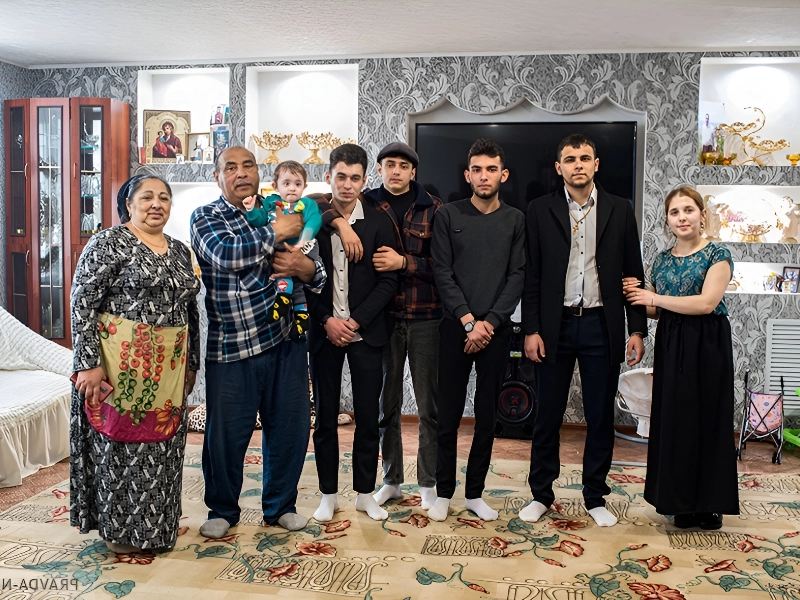
Reassessing the Identity of Modern Romani Communities
In contemporary society, the majority of Romani people have established permanent residences, which challenges the traditional perception of them as a nomadic group. While historically, many Romani communities embraced a nomadic lifestyle, this is no longer the case for most individuals today.
Only a small fraction of modern Romani populations continue to live a nomadic life, traveling from place to place. The vast majority have settled in fixed locations, integrating into the communities around them. This shift reflects broader societal changes and economic realities that have influenced their way of life.
As a result, it is increasingly inaccurate to label all Romani people as "nomadic." This misconception overlooks the diverse experiences and lifestyles within the Romani community. Many individuals actively participate in local economies, contribute to their neighborhoods, and engage in various professions.
Furthermore, the settled lifestyle allows Romani families to maintain their cultural practices while also adapting to modern societal norms. This balance between tradition and contemporary life can enrich their cultural identity, enabling them to preserve their heritage while fostering connections with non-Romani communities.
In summary, the characterization of Romani people as nomadic is outdated and does not reflect the reality for most individuals today. Recognizing the settled nature of the majority of Romani communities is essential for understanding their current social dynamics and contributions to society.